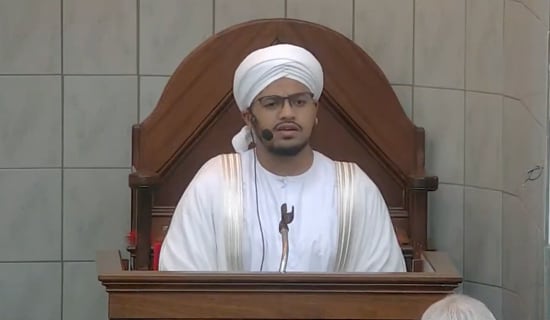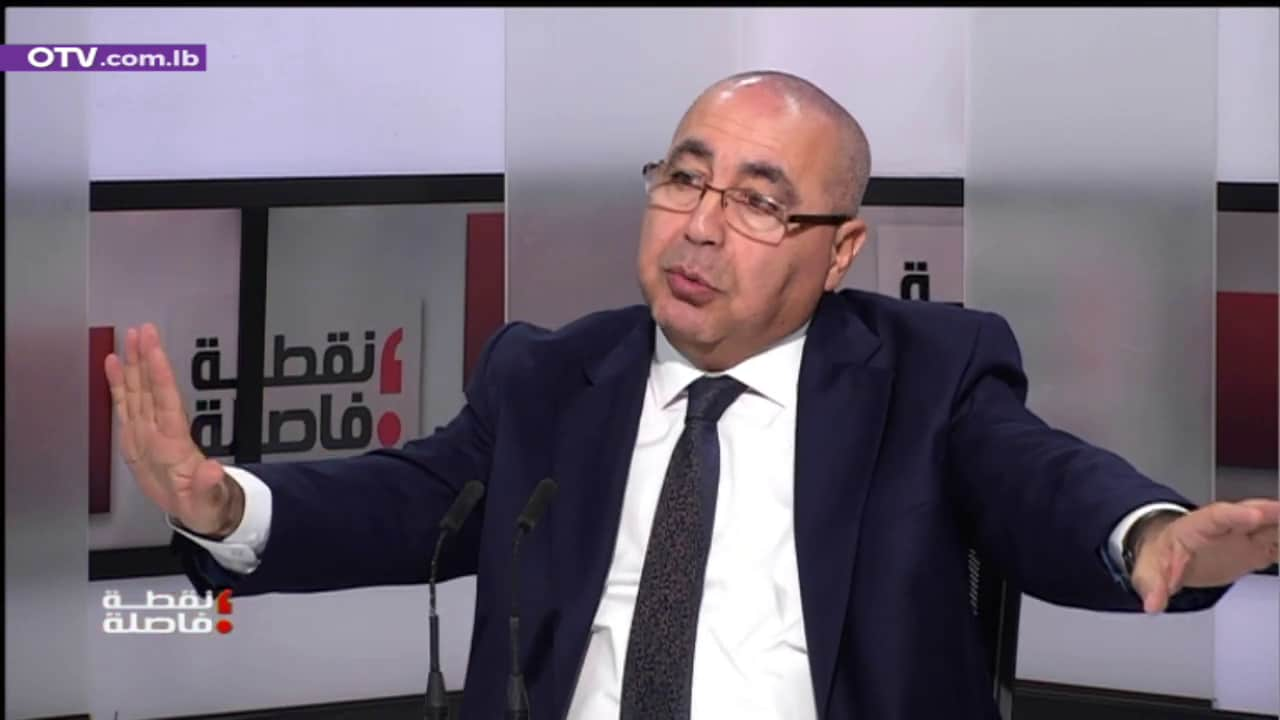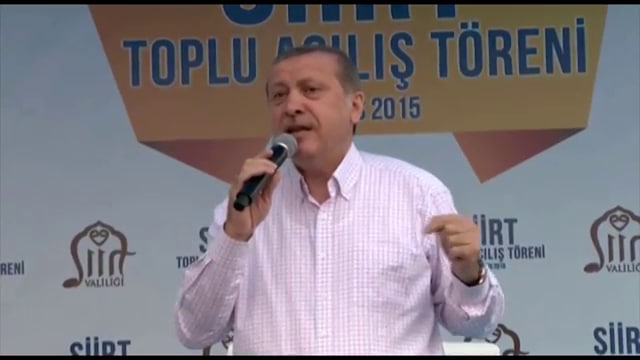
The following are excerpts from an interview with Michel 'Abd Al-Massih, QC, former head of the Palestinian community in Britain. The interview was aired by ANN TV (London) on February 2, 2005:
Mishel 'Abd Al-Massih: Since Mofaz is a minister, he has diplomatic immunity. it is noteworthy that the judge [we approached] said that when Mofaz is no longer a minister…
Interviewer: He will be prosecuted. When Mofaz leaves the Israeli government, the case against him may be resumed.
Mishel 'Abd Al-Massih: Yes, with no doubt. We didn't appeal this ruling. We did want to appeal it, but for technical reasons, which I'd rather not go into publically…
It's worth noting that it all happened when Mofaz came to Britain, and went to Leeds to watch a football match. At the time, he didn't have diplomatic immunity. We rushed to court, as fast as we could, in order to obtain an arrest warrant, but the Israeli authorities – I won't go in to how they got wind of it, because we acted in secrecy, but somehow they knew about it – they put him on a plane, and Mofaz fled form Britain.
I am completely convinced that they are very scared. They are petrified as indeed they should be, and the Arab and Palestinian authorities should prevent them from feeling safe.
Everyone calls for peace. Every reasonable person wants peace. But the big question is: how can there be peace without justice? As you know, I'm one of the critics of the Oslo Accords. Why? Because the Oslo Accords were unfair.
If you want to enter negotiations, you must be strong and believe in what you are doing. In other words, you must not make concessions to an evil, thieving, plundering enemy, Like the government of Israel. I don't only mean Sharon's government, but all the governments since [Israel] was established and to this day. You must be aware. You must not make concessions because concessions don't lead to peace, but to more killings. If the other party senses you are making concessions, it will demand more concessions.
Interviewer: But Mr. Michel, negotiations mean making concessions. In a peace process, any peace process between two parties, each party is convinced the truth is on its side, and that's where there's war. War breaks out because both parties believe they are right. A peace accord means that each party acknowledges that it must concede to the other party something of the disputed issues.
Mishel 'Abd Al-Massih: I say clearly – and this isn't the first time I'm saying so - The Palestinian authorities' announcement of their willingness to recognize the Zionist entity is an historical error.
Interviewer: Perhaps they concede too much or at the wrong time…
Mishel 'Abd Al-Massih: They conceded at the wrong time, but their policy was also wrong. Once you have recognized… What card do the Palestinians have left to play? The card is this recognition. So why do you recognize them? Israel's historic and eternal dream is to be recognized. After all, what does he want? He wants to what he stole.
My greatest fear is that if you make many concessions to a brutal enemy like the Israeli government, it will demand more concessions from you, as you know. The right of return, the issue of Jerusalem, the release of prisoners - what will become of them?
I don't want or need an international resolution to tell me I am allowed to return. Excuse me, but relying on international resolutions that grant me the right of return is something I consider an insult. This is my right.
I, personally, was born and grew up in Jerusalem. My father, and grandfather, and grandfather's grandfather are from Jerusalem. Who has the right to tell me I have no right… While a person from Poland, Russia, or even Milwaukee, has the right to come and eat falafel on my land?! What is this?! I don't need an international document from the UN to grant me this right.
Interviewer: What are the boundaries of compromise about this right?
Mishel 'Abd Al-Massih: In my opinion there aren't any. Impossible. You must say loud and clear: The Palestinians have the right to return. End of discussion.
Interviewer: You mean their return to their original land?
Mishel 'Abd Al-Massih: In my humble and simplified opinion, you, as a Palestinian, should say: "I have the right to return to my home in Haifa and Jaffa." They will tell you: "But now there are Israelis living in your home." You'd say: "This isn't my fault." They stole the land and built on it, just like what happened to my grandfather's home in a certain area of Jerusalem. Now entire families live in it.
Interviewer: You mean that your house was stolen…
Mishel 'Abd Al-Massih: It's stolen… The big question is why should I make concessions? I didn’t commit any crime, and neither did my grandfather, nor my father - so am I asked to make concessions?













